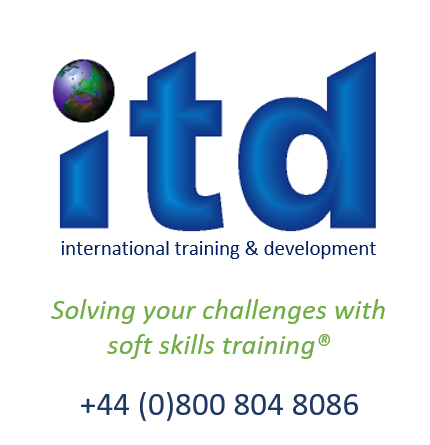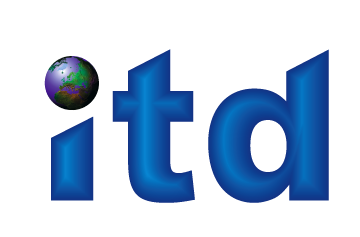
Our coaching training helps managers and team leaders to master this important managerial skill, in order to develop the confidence and capability of their teams. Coaching is about helping another person achieve improved performance through their own efforts.
As a manager coaching can be a very useful technique to help people achieve things they were’t sure they could; it helps to develop other people’s confidence; it helps when as a manager you get asked by your team members how to do things repeatedly, being asked the same question over and over.
Coaching training has to be set in the context of the participants’ role. Different roles can use coaching as a management technique in different ways.
One of the more surprising ways coaching can be used as a way to stop team members always coming to the manager with questions on how to do things, rather than thinking for themselves or working things out.
Coaching can also be used as a developmental tool to help someone develop skills they did not think they had, or could attain. You can use coaching as a good learning tool as people tend to learn faster by working things out for themselves, even though the process feels slower for the manager.
Coaching Options
Coaching training with ITD
The ITD approach to coaching is to introduce various models and the latest thinking and apply these to your business and to the needs of the participants. We also set coaching within the context of other management styles.
Coaching is the ability to achieve better performance from the team through encouragement, questioning, helping the team to improve rather than telling them how to.
Some compare coaching to being a gardener encouraging growth rather than trying to force it. A good coach has the vision to be able to see what needs to be done, to help the team to see that vision and allow them to decide which path to follow.
Typical participant challenges in our coaching training courses
- “I’ve heard and read that coaching can be a really useful management technique, so I would like to learn how to do it.”
- “Coaching is based on questioning but I’m not good at questions so I would like the training to include this.”
- “I want to develop my skills at drawing out other people’s ideas and thinking.”

Coaching training agenda overview
Pre-course activity
- Introduction & objectives
- What is coaching?
- What coaching is not – common misconceptions
- When is coaching appropriate as a management tool
- Personal management challenges
- Coaching frameworks & models
- Coaching skills
- Typical scenarios
- Coaching to encourage confidence in other people
- Developing capability through coaching
- Coaching the team as a unit
- Personal actions
Pre-course activity
- Meeting to discuss the participant’s needs and those of the organisation
- Draft workshop outline tailored to your needs
- Agreement of agenda
- Participants complete a short questionnaire and read the ITD Work Style Model in preparation for the workshop.
Post course activity
- Participants leave with individual actions
- Email follow up of personal action plans
- Suggested conversation with their line manager on their actions
- Optional WebEx conference call follow up on these actions
- Optional 121 coaching
- ITD blog with further tips and suggestions
Case study
The sales management team of this medium sized pharmaceutical business.
Each sales manager has a team of between 8 and 11 sales people. The skills, abilities and experience of their sales people varies widely. The sales people are required to work towards targets, but also contribute to projects.
The need was to give the sales managers ideas on how to get more from their teams and manage them more effectively. The sales managers are very experienced and very capable and can be seen by the sales people as an easy place to go for answers rather than to think for themselves.
We put together a mix of facilitated sessions with a blend of discussion, fun activities and working on real issues.
- Personal objectives & challenges
- Why Coach? A Senior perspective
- Coaching defined within a context of management
- Preferred style of Management – Framework for Development
- Qualities of a good coach
- Questioning framework
- Coaching Skills & Processes
- Coaching tools
- Giving feedback – a balancing act
- Practice scenarios
- Workshop summary & personal actions
A really engaging and lively session:
- Increased awareness of when to coach.
- Improved coaching skills.
- Better knowledge of coaching.
- “Very useful and I’m going to out these ideas into practice straight away.”
- “I really liked the questioning exercise.”
“Another success from ITD.”
Why choose ITD for your coaching training?
1. Our coaching skills training is dynamic and highly interactive, really engaging the participants in an open learning environment.
2. We have been working with managers for many years and you can benefit from that experience.
3. Coaching skills training from ITD is built around your needs at no extra cost.
4. Our flexible approach to fees means we can adapt to suit your budget.
5. Our unique approach to action planning gives your people the best chance for implementing their post training actions.
6. The scenarios we use are designed around your business to make them relevant to the participants.
Start a conversation on Coaching
Call us on +44 (0)800 804 8086




